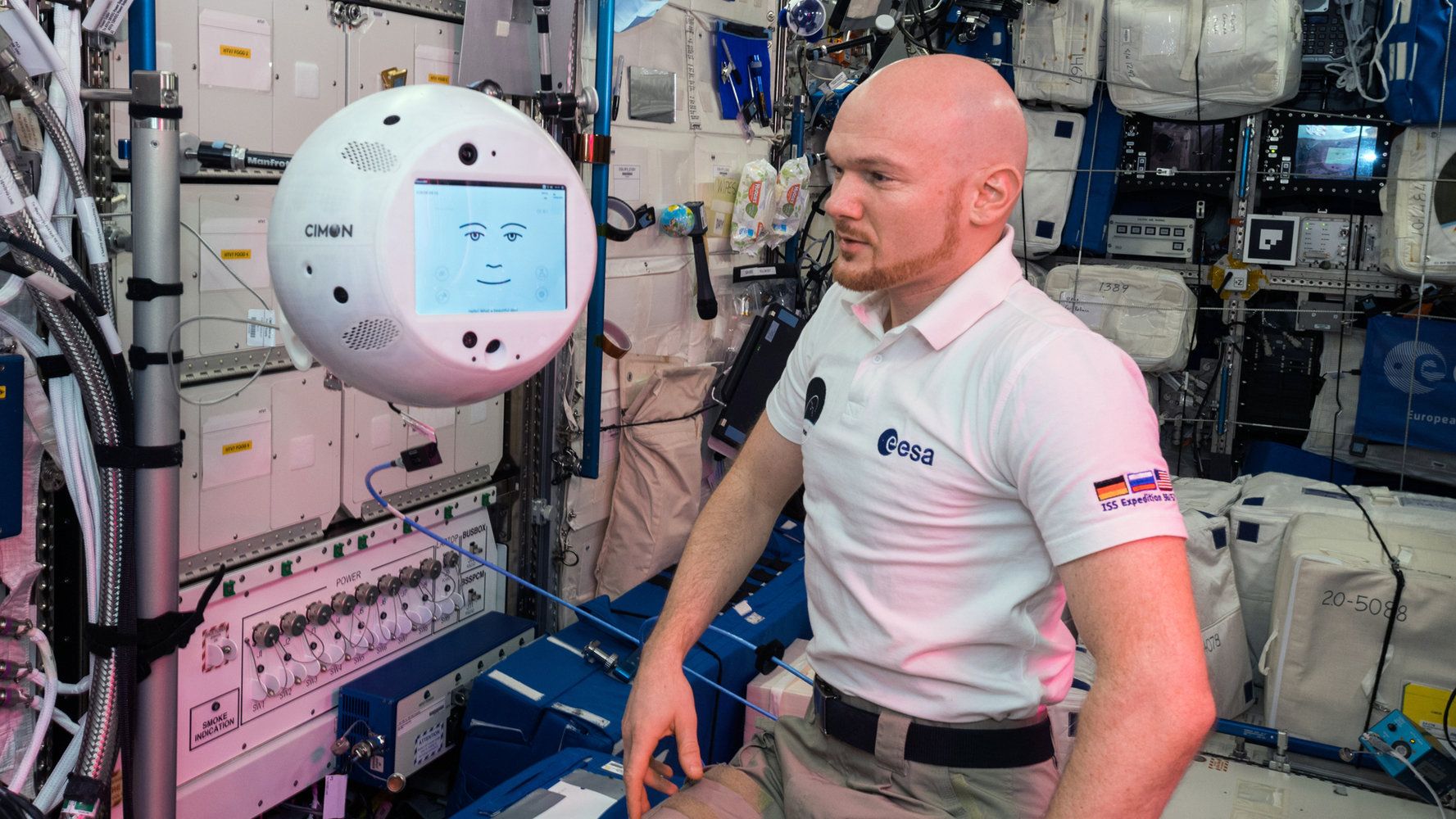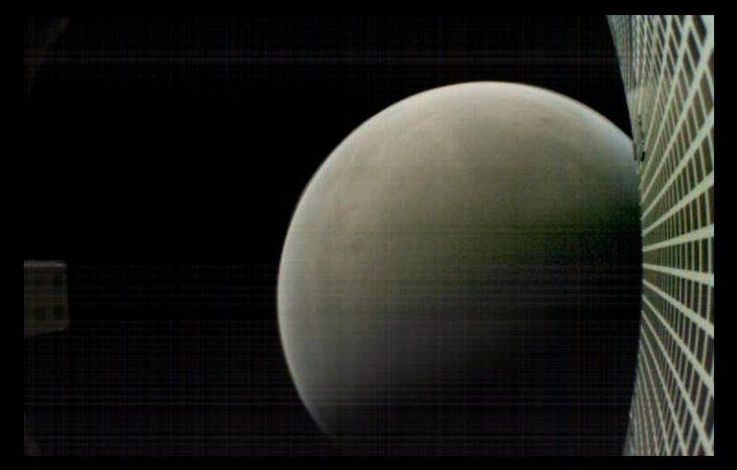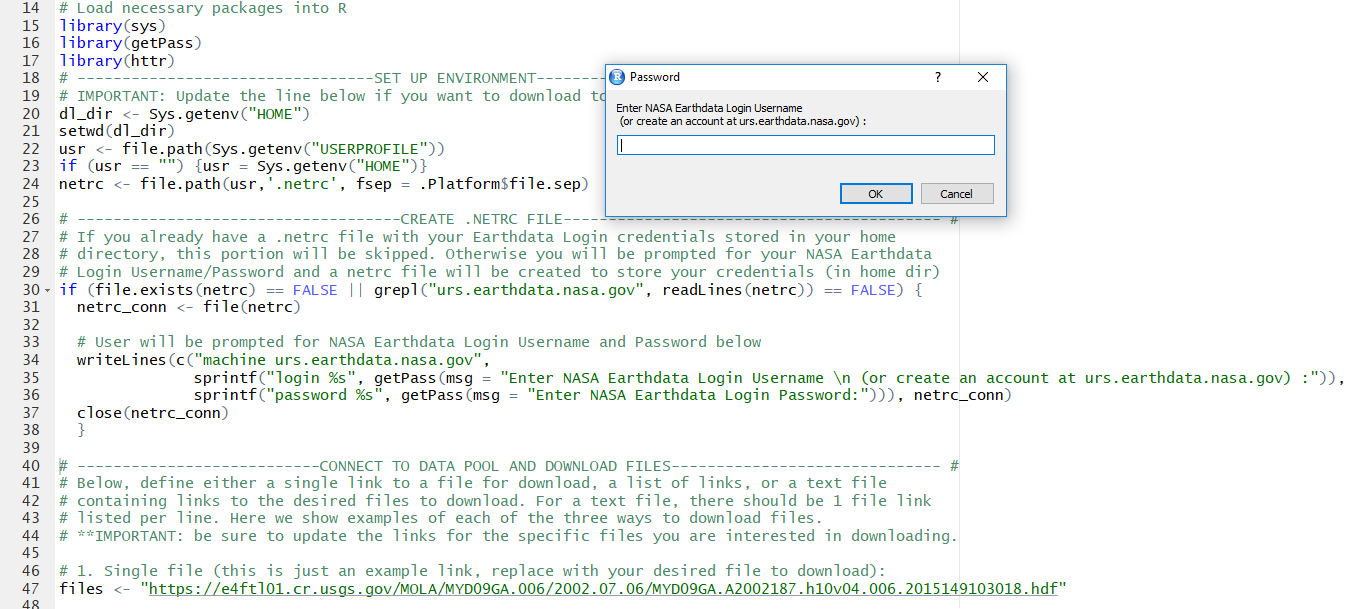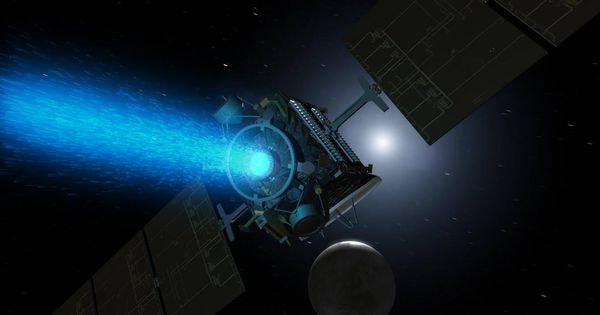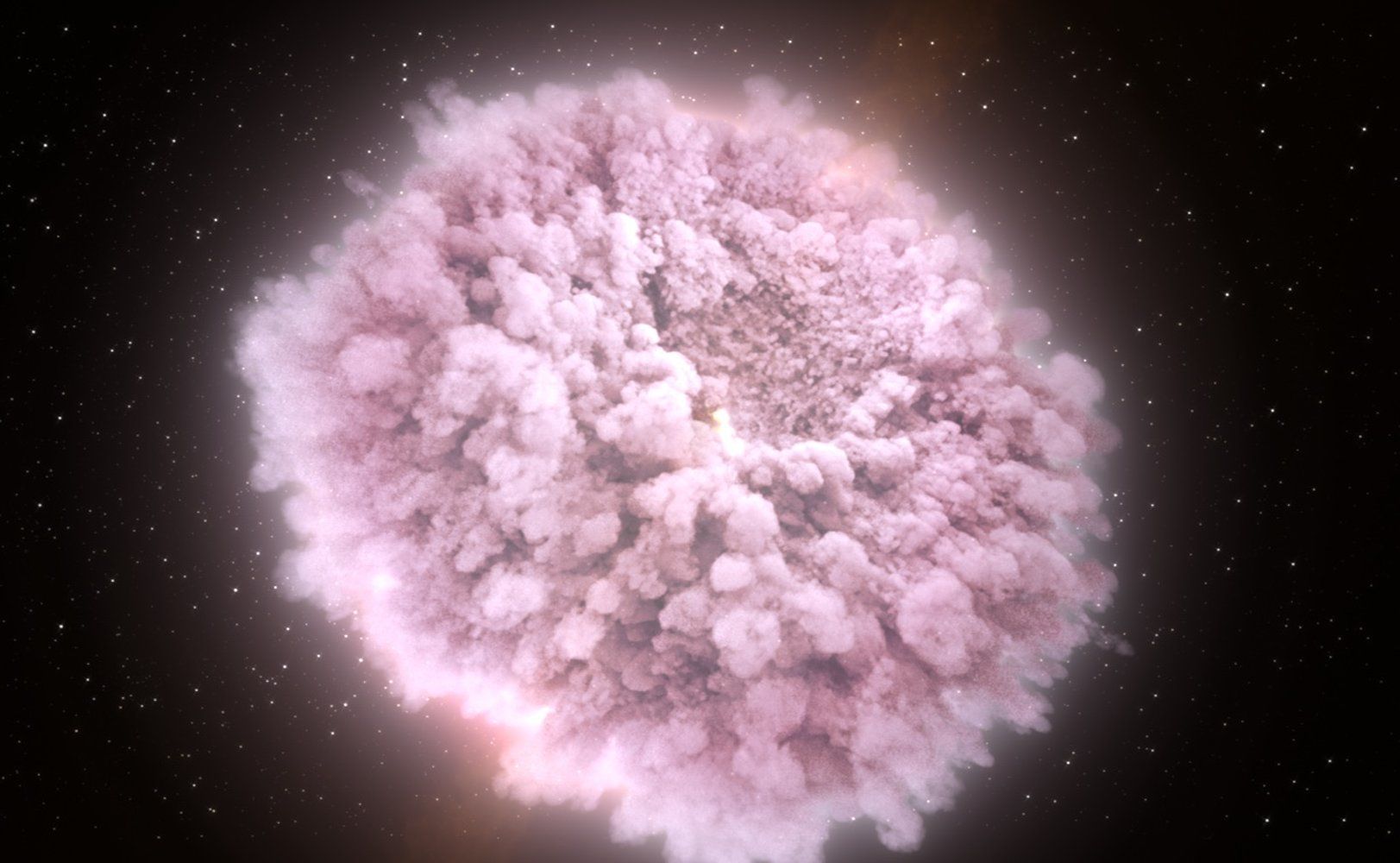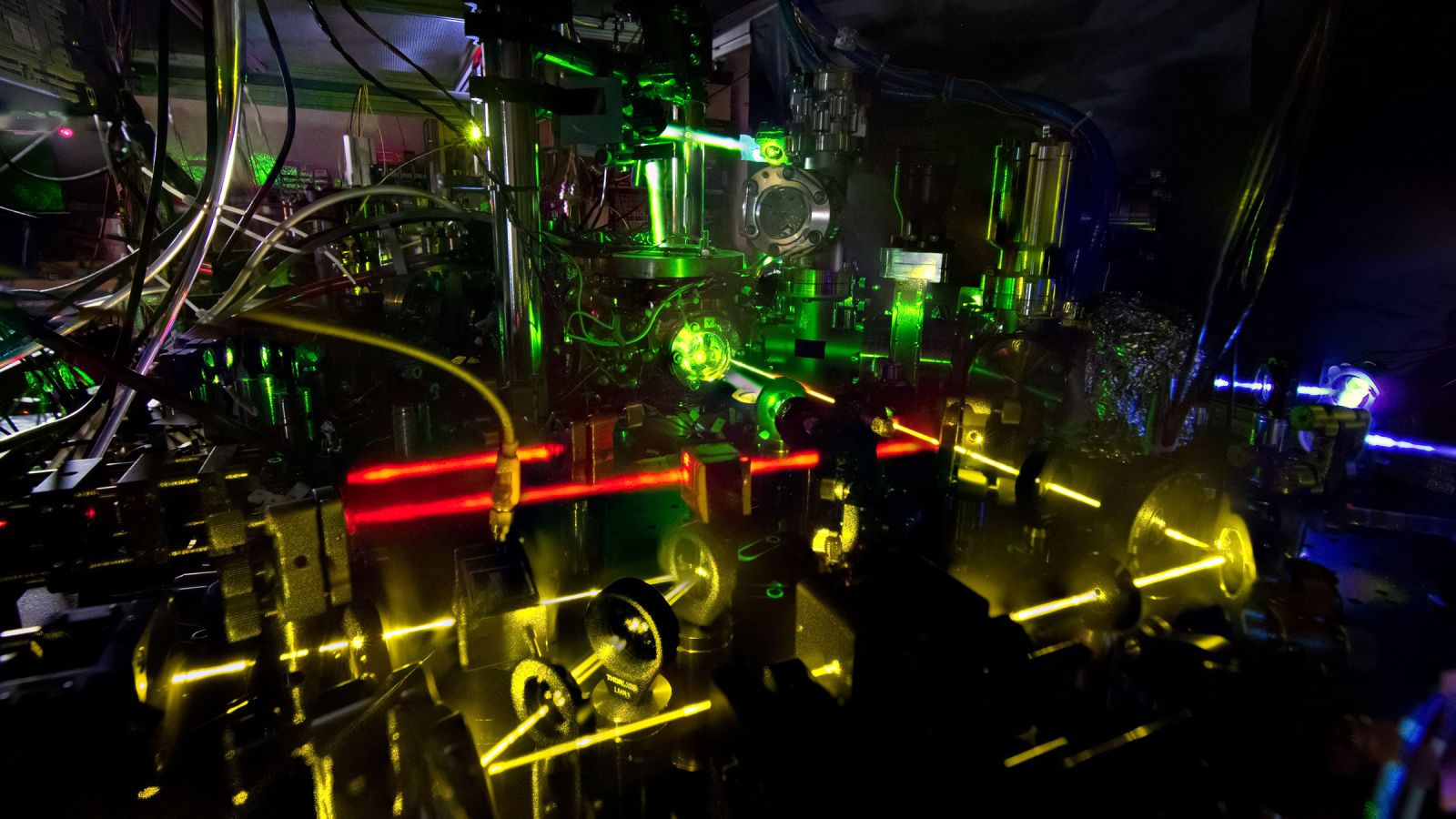The space station robot CIMON has exchanged its first words with its spacefaring crew.
German astronaut Alexander Gerst talked with the artificially intelligent crew-assistant CIMON during a 90-minute experiment on Nov. 15 aboard the International Space Station (ISS).
According to a statement from the manufacturer, Airbus, Gerst, the commander of the current space station crew, woke up CIMON (the Crew Interactive Mobile CompanioN) with the words “Wake up, CIMON.” In response, CIMON said, “What can I do for you?” [This Flying Space Droid Wants to Make Friends with Astronauts].
